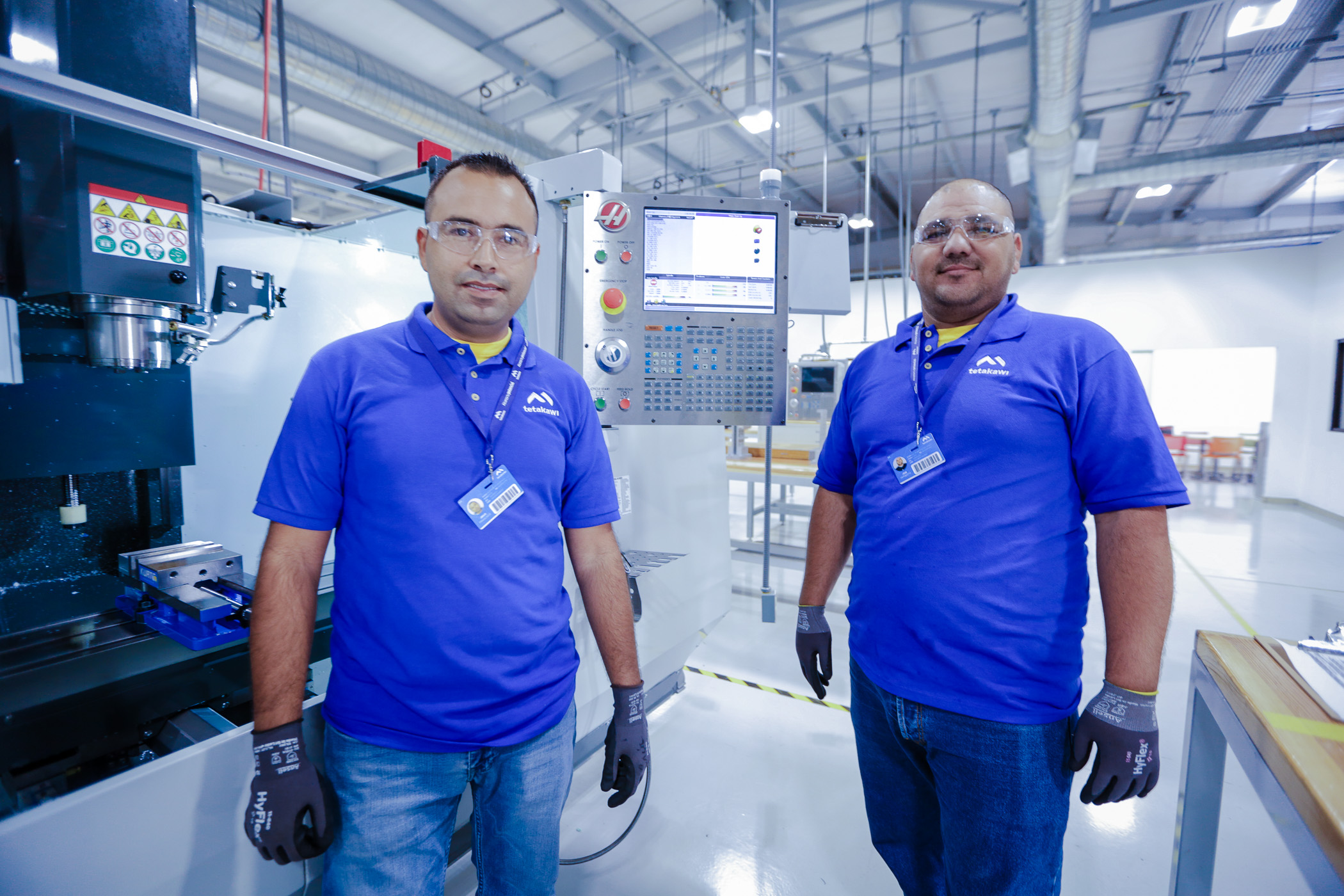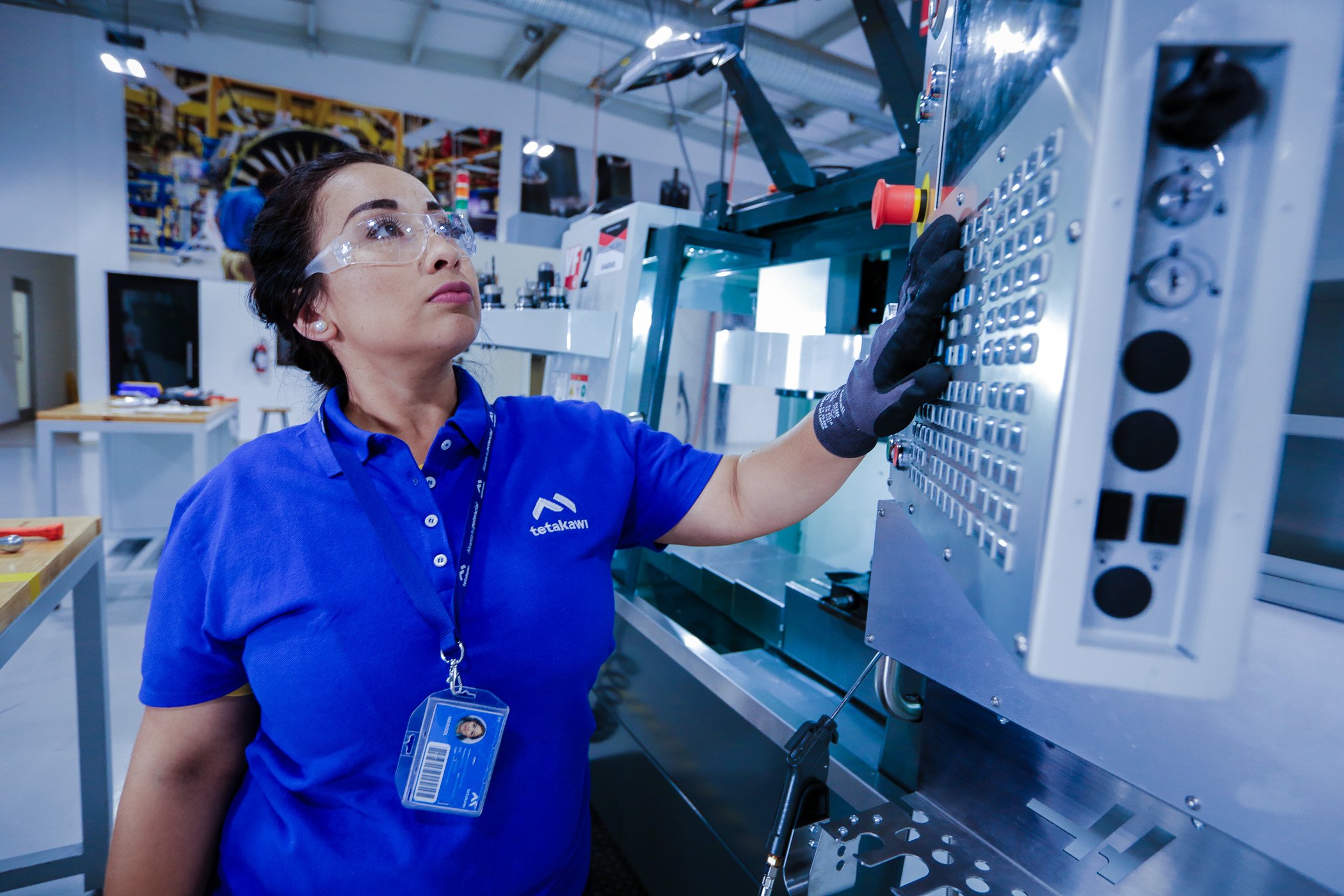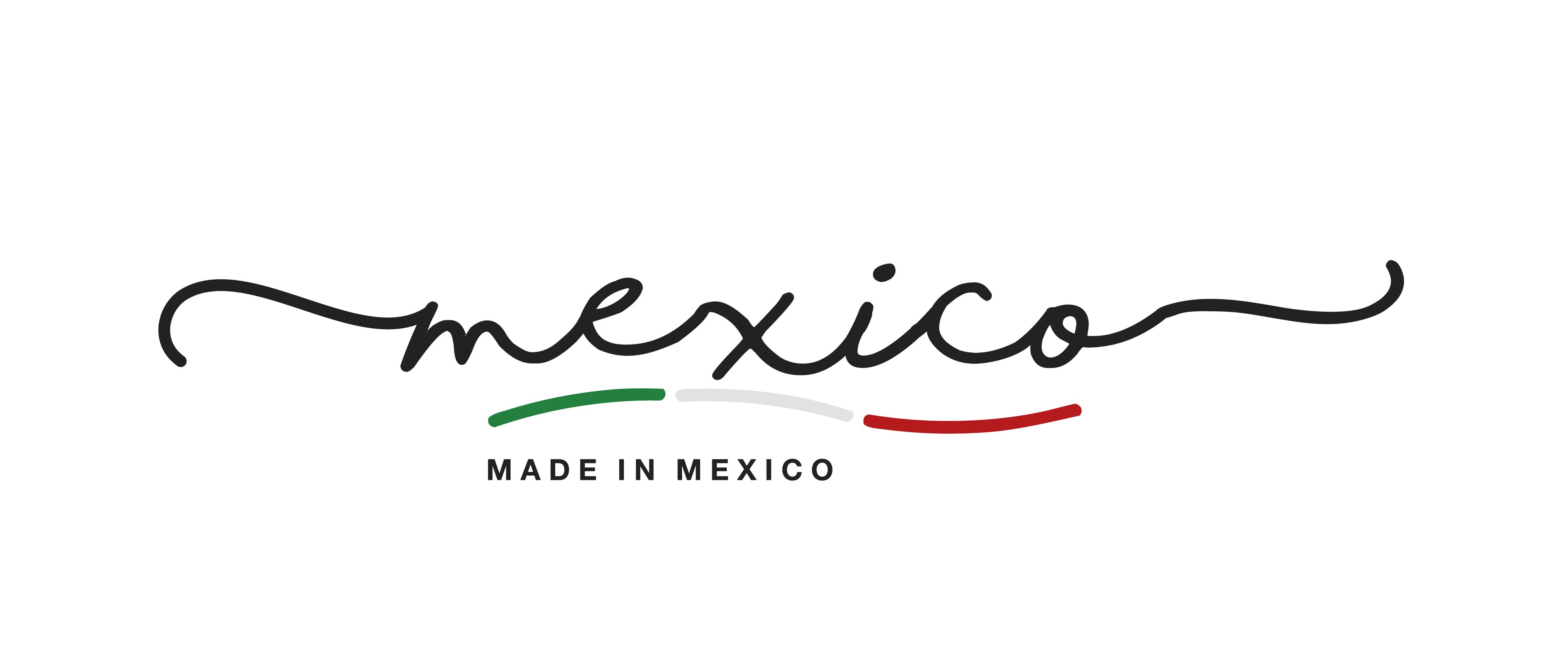Being able to attract qualified workers has been a hassle for manufacturers since the economic downturn. While the U.S. economy is on the mend, the current labor shortage in manufacturing sectors may be an ongoing - and critical - challenge for U.S. businesses. The most experienced workers are retiring, and manufacturers are finding younger candidates don't have the qualifications they're looking for. A lack of technical talent may even result in reduced manufacturing innovations, according to a new study from the Massachusetts Institute of Technology.
While some U.S. workers are improving their abilities through engineering and specialized manufacturing courses, not enough employees may enroll in additional job training. Mexico is home to one of the world's most qualified manufacturing employees, and many companies may need to turn to offshore manufacturing to hire the skilled workers they need to remain competitive in the challenging industry.
Taking a Proactive Approach to Recruitment
According to Forbes, the MIT study found approximately one-quarter of U.S. manufacturers are currently struggling with hiring qualified workers. MIT surveyed about 900 companies, and found 40 percent of managers cited recruitment as a "a major obstacle to increasing financial success." In fact, it is taking manufacturers around three months to hire workers for certain positions.
"If it's the more innovative companies that are having more hiring problems, then there is real reason for concern for the future, when more firms will start adopting advanced manufacturing technologies requiring higher levels of math and reading competence," the researchers wrote.
In an interview with Manufacturing.net, Chris Cole, founder and CEO of Intelligrated, said one reason why so many positions are remaining open is because the shortage isn't in finding shop floor employees or order fulfillment workers, but in industrial maintenance and plant operations. The U.S. manufacturing skills gap is widened as many manufacturers don't have the resources available to teach these workers vital skill sets.
The most skilled jobs aren't the only ones that manufacturers are struggling to fill, however. Some U.S. workers are also unwilling to hold certain positions, such as loading and unloading trucks, which can be uncomfortable in the summer heat and miserable in winter snow storms.
The skills gap remains a concern for many U.S. manufacturers. This worry may only increase if manufacturers are unable to innovate their product lines and other aspects of their business because they are too focused on trying to find the right workers. Expanding to Mexico can allow manufacturers to attract the labor they need to remain innovative and competitive into the future.
Subscribe
Sign up and stay informed with tips, updates, and best practices for manufacturing in Mexico.






